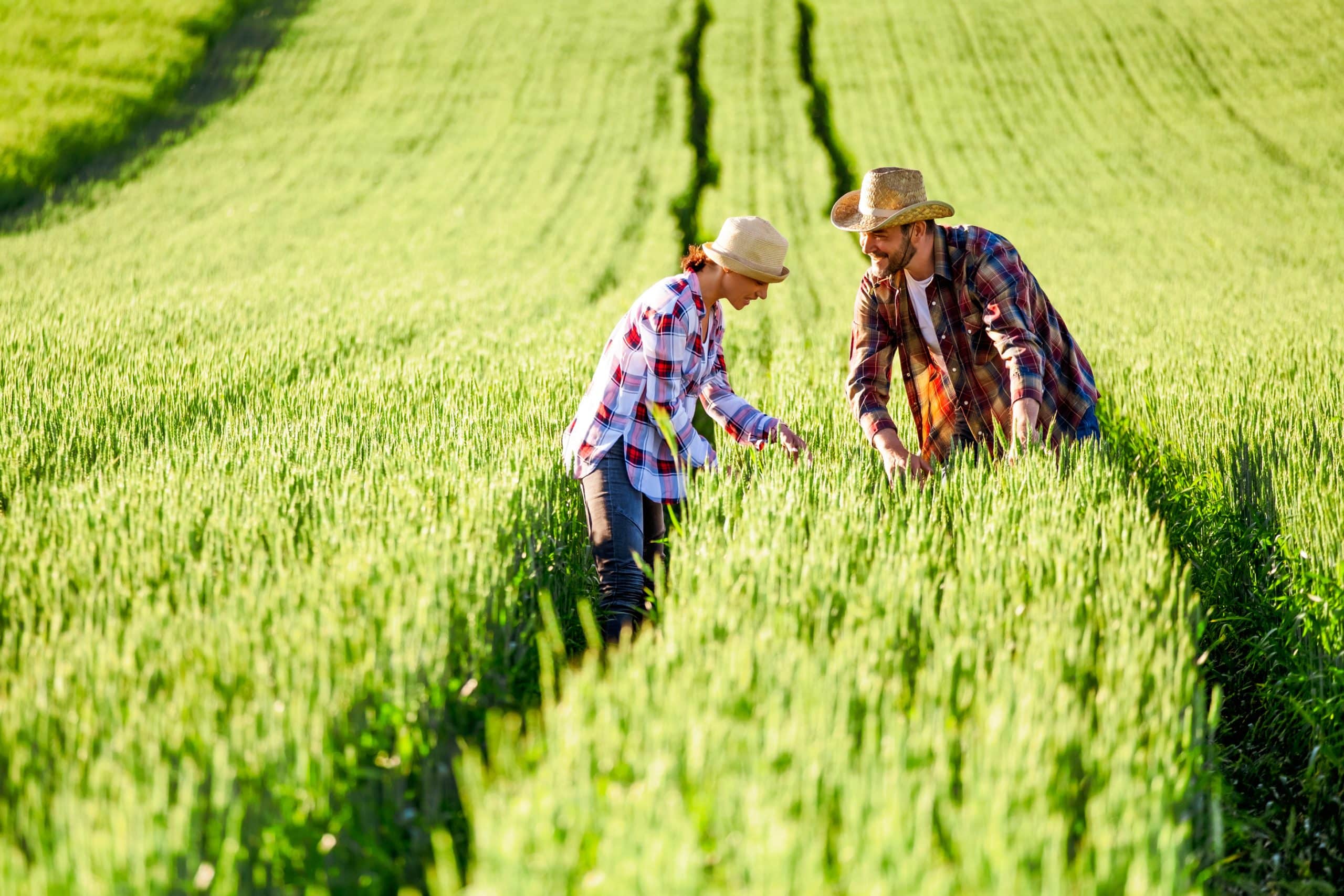The growing concern for food security, climate change, and increasing urbanization has intensified the focus on alternative food production systems. One such alternative is urban agriculture, a critical actor in the food production chain that is gaining traction in cities all over the world. Beyond simply providing food, urban agriculture plays a multifaceted role in cities, contributing to the economy, community building, and the local environment. By understanding the potential of urban agriculture, we can unlock new ways to build resilient food systems.
Harnessing the Economic Potential of Urban Agriculture
Urban agriculture is more than just rooftop gardens and community allotments – it’s a burgeoning industry with significant economic potential. By bringing food production closer to consumers, urban agriculture has the potential to reduce food transportation costs, create jobs, and stimulate local economies.
Additional reading : What’s the Impact of Digital Currency on the Future of Banking and Finance?
A study published on Crossref and Google Scholar shows that urban agriculture can generate significant economic returns. For instance, in Detroit, urban gardens reportedly saved households up to $500 a year in food costs.
In addition, city farming can generate employment opportunities and create new income streams for urban populations. From selling excess produce at local farmers markets to running horticulture therapy sessions, the potential for creating economically sustainable urban agriculture businesses is vast.
Also to read : How Can Advanced Robotics Improve Life for Elderly Individuals in Care Homes?
Building Community Through Urban Agriculture
Urban agriculture is not just about producing food; it’s also about building stronger communities. Community gardens and urban farms have been shown to foster social cohesion, encouraging residents to work together towards shared goals.
Google Scholar research illustrates how urban agriculture can act as a community development tool. Gardening initiatives can bring people from diverse backgrounds together, fostering social interaction, and promoting mutual understanding.
Furthermore, the practice of urban farming can empower communities, fostering a sense of ownership and pride in local areas. From planning to planting to harvesting, urban farming involves many hands, encouraging community participation and cooperative effort.
Urban Agriculture as a Solution to Local Climate Change Challenges
Urban agriculture has a vital role in addressing climate change at the city level. It contributes to climate change mitigation by absorbing CO2, improving local water management, and reducing food miles.
Urban gardens and farms can serve as mini carbon sinks, absorbing greenhouse gases from the atmosphere. Especially in densely populated urban areas, these green spaces can significantly contribute to improving air quality.
Furthermore, urban agriculture can help improve water management in cities. Urban gardens can capture and store rainwater, reducing the demand on city water systems and helping to prevent flooding.
The Role of Urban Agriculture in Urban Resilience
Resilience is about more than just surviving; it’s about thriving. As cities become increasingly vulnerable to shocks and stresses, from economic crises to climate change, urban agriculture offers a means to build resilience.
Urban food production can contribute to city resilience in many ways. It can provide a buffer against food price volatility and supply chain disruptions, offering a form of food insurance for cities. A study from Crossref highlights how urban agriculture can contribute to food security in times of crisis, such as during the COVID-19 pandemic.
Furthermore, urban agriculture can improve physical and mental health, contributing to community resilience. Gardening has been recognized as a form of therapy, offering mental health benefits, and providing physical exercise.
Urban Agriculture: A Key Player in Sustainable Water Management
As water scarcity becomes an increasingly pressing issue, the role of urban agriculture in sustainable water management cannot be underestimated. By implementing water-saving techniques and reusing greywater, urban agriculture can contribute to the sustainable use of water resources in cities.
Urban agriculture can also improve the urban water cycle. By increasing permeable surfaces, urban gardens can promote groundwater recharge and reduce urban heat island effects, contributing to more sustainable urban environments.
Through these ways, urban agriculture is not only crucial for food production but also plays a significant role in building resilient, inclusive, and sustainable cities. It serves not only as a means to an end but as a tool for social, economic, and environmental change. The potential of urban agriculture is vast, and its role in building resilient food systems is only beginning to be realized.
Urban Agriculture as a Means to Enhance Food Security
Urban agriculture plays a pivotal role in enhancing food security in urban areas. In an era where the global population is increasing exponentially and arable land is diminishing, urban farming offers a practical solution to ensure an adequate food supply. A special issue on urban agriculture and food security published on Google Scholar highlights how the practice can contribute to meeting the food needs of the urban poor.
Urban agriculture can reduce reliance on imported food and long supply chains, making food systems more resilient to disruptions such as natural disasters or global pandemics. It can also increase access to fresh, nutritious food, particularly in food deserts where supermarkets and other sources of healthy food are scarce.
Urban farms and community gardens can offer a sustainable alternative for food production by using under-utilized spaces like rooftops, balconies, or vacant lots. This way, urban agriculture can ensure a consistent supply of food, fostering a sense of food sovereignty among city dwellers.
This practice of growing food in the heart of the city can also serve as a tool for education, teaching urbanites about the origin of their food, the effort it takes to produce it, and the importance of sustainable eating habits.
The Impact of Urban Agriculture on Urban-Rural Dynamics
Urban agriculture also influences urban-rural dynamics. Traditionally, rural areas have been the primary source of food for urban centers. However, urban farming can partially reverse this trend, reducing the dependence of cities on rural areas.
Google Scholar studies show that urban agriculture can help retain wealth within cities, preventing the outflow of capital to rural areas or other regions. Urban farmers in the United States, for example, often sell their produce directly to consumers through farmers’ markets, keeping the money within the local economy.
On the other hand, urban agriculture can also foster new connections between urban and rural areas. Urban farmers often rely on rural farmers for knowledge, resources, or even seedlings. These exchanges can promote knowledge transfer and collaboration, strengthening the link between urban and rural communities.
Conclusion: Urban Agriculture – A Catalyst for Resilient Cities
It is evident that urban agriculture is more than just growing food in the city. It is a multifaceted tool for bolstering food security, fostering community cohesion, promoting economic growth, and contributing to climate change mitigation. From community gardens to high-tech vertical farms, urban agriculture offers diverse options for food production, meeting the unique needs and limitations of urban environments.
As cities grapple with the impacts of climate change, population growth, and other urbanization challenges, building resilience will be key. In this context, urban agriculture is poised to play a significant role. By fostering local food systems, enhancing social cohesion, and reducing environmental impacts, urban agriculture can help make cities more resilient and sustainable.
However, to realize the full potential of urban agriculture, supportive policies and regulations are needed. City authorities need to recognize the value of urban farming and provide an enabling environment for its development. From zoning laws to financial incentives, a range of strategies can be used to promote and support urban farming.
As we look towards the future, urban agriculture offers promising prospects for transforming our cities. Whether it’s a rooftop garden in New York or an urban farm in Nairobi, the practice offers a beacon of hope for building more resilient, inclusive, and sustainable urban food systems.











